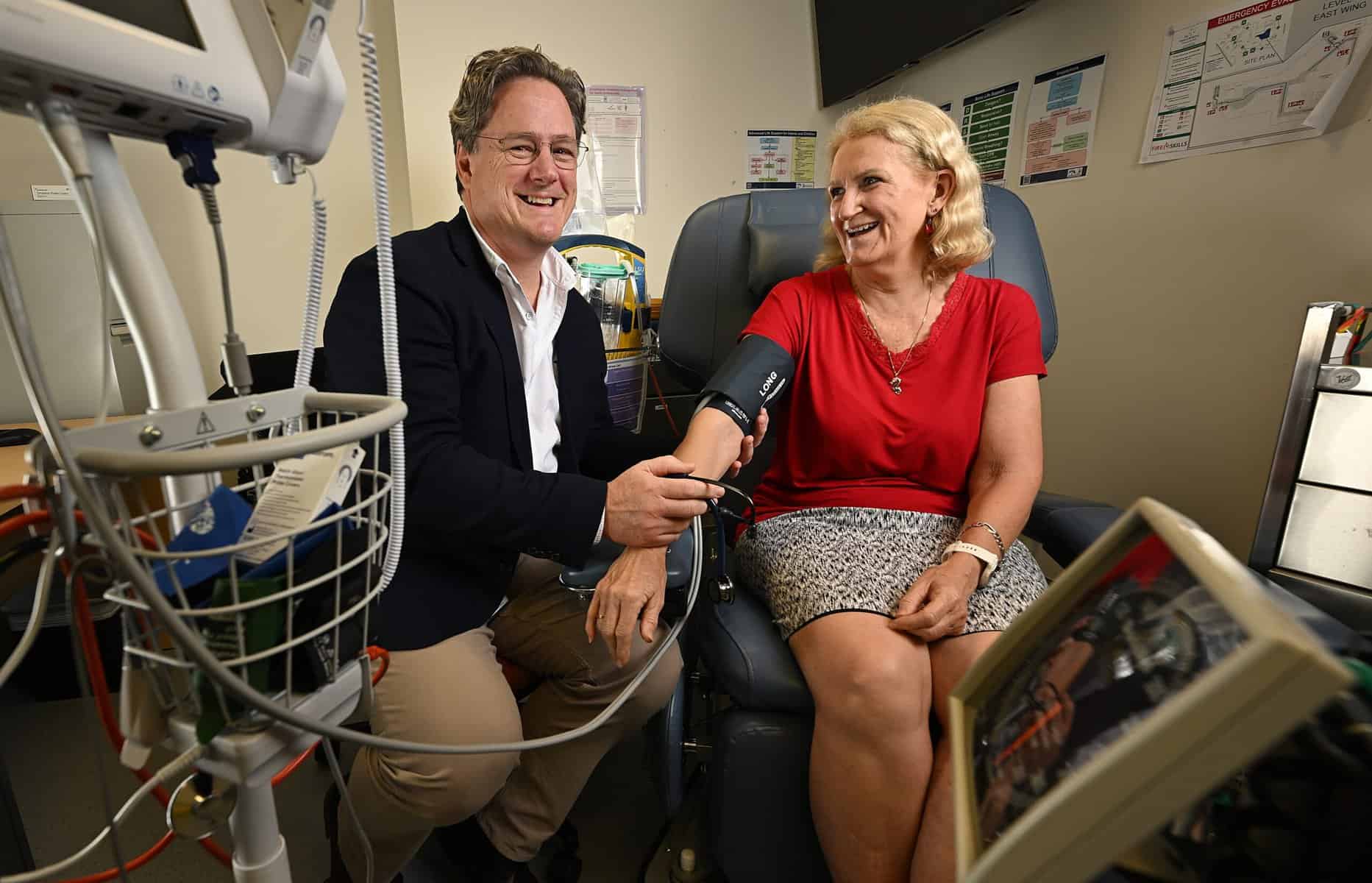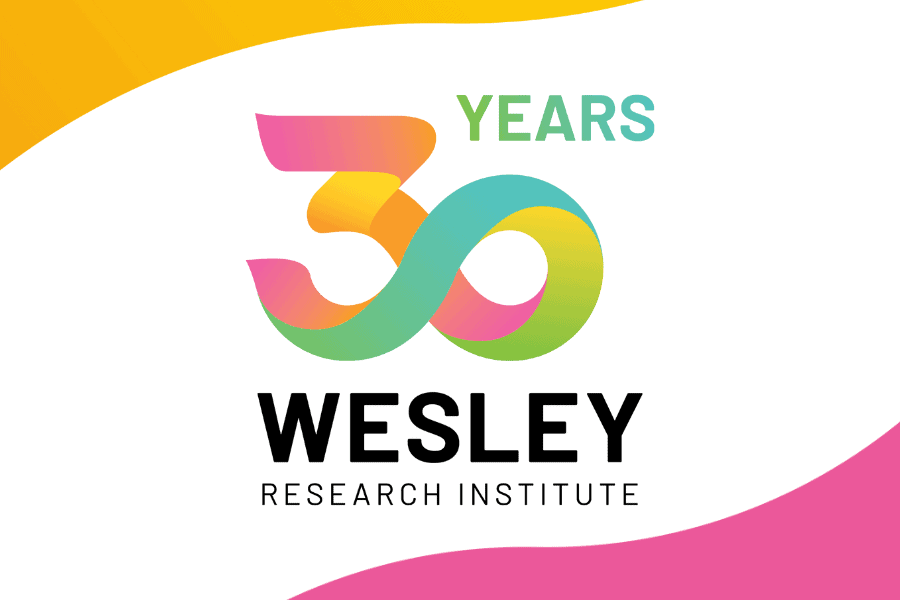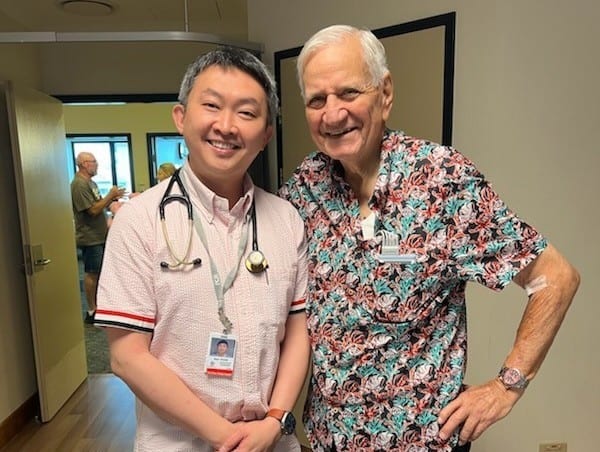Cardiovascular & Critical Care
Determining which draining method is best for Plural effusion
This one year research project aims to compare two commonly used methods of draining the effusion to determine which one is best.
Research Objectives
Status
Recruitment
Patient Group
Study location
Study type
Lead investigator
- Dr Luke Garske
Clinical trial coordinators
- Chris Henderson
- Linda Pearce
Technical title
AMPLE-3: A Randomised Study Comparing Combined Indwelling Pleural Catheter (IPC) and Talc Pleurodesis with Video-Assisted Thoracoscopic Surgery (VATS) for the Management of Patients with Malignant Pleural Effusion
About this research project
The lung is covered by a thin lining which produces a very small amount of fluid to lubricate the lungs during breathing. Cancers can spread to this lining causing a build-up of fluid. This is called a malignant pleural effusion. The increased fluid can compress the lungs causing breathlessness. Draining the fluid can ease symptoms but it usually rapidly re-accumulates and needs further drainages.
This one year research project aims to compare two commonly used methods of draining the effusion to determine which one is best. One method involves a surgical procedure (VATS) and the other involves insertion of a long-term flexible chest tube (IPC). IPC and surgical pleurodesis are known to be safe procedures and are both commonly used; however, no one knows if one is better than the other at preventing the fluid from returning and further procedures being required.
Latest News

Breakthrough Coeliac Treatment Shows Promise in Early Clinical Trials

30 Years of Delivering Real Health Impact
